
Would veterinarians recommend using dental cleaning sticks for pet dogs
If you’ve ever stood in the pet store, staring at a wall of dental chews while wondering if they’re worth the money, you’re not alone.
Bringing a Bichon Frise into your life is like adding a fluffy dose of sunshine. But before you fall head over heels for that adorable ball of fur, it’s crucial to know how to tell if you’re getting a purebred. Let’s dive into the key aspects that’ll help you make an informed decision and welcome a healthy, authentic Bichon into your home.
First off, appearance is a dead giveaway. Purebred Bichons have distinct physical traits. Their coat should be dense, curly, and pure white, resembling a cloud you can cuddle. Standing at 9.5 to 11.5 inches tall at the shoulder, they have a sturdy, compact build with a rounded head and a black nose that’s always moist. Those dark, round eyes should sparkle with curiosity, and their ears, covered in the same soft curls as their body, hang close to their head. If you notice any odd color patches, inconsistent texture, or an unusual body proportion, it might be a sign you’re looking at a mixed breed.
Don’t just rely on looks, though. A purebred Bichon’s temperament is another telltale sign. These little guys are known for being cheerful, affectionate, and social. They thrive on human interaction and love being the center of attention. If a puppy seems overly aggressive, extremely timid, or lacks that characteristic playful energy, it could indicate something’s off. Remember, a well-bred Bichon should be friendly towards people and other pets, making them perfect companions for families and individuals alike.
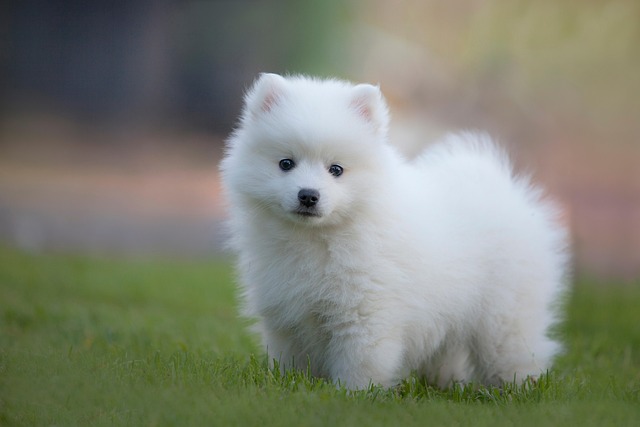 The most reliable way to confirm a Bichon Frise’s purity is through its pedigree. Reputable breeders will provide you with a detailed lineage document that traces the puppy’s ancestors back several generations. This paperwork isn’t just a fancy certificate; it’s proof that the dog meets the breed standards set by kennel clubs. When you’re browsing for a puppy, ask to see the parents’ health clearances too. This shows that the breeder is committed to producing healthy offspring and reduces the risk of inheriting genetic diseases common in the breed.
The most reliable way to confirm a Bichon Frise’s purity is through its pedigree. Reputable breeders will provide you with a detailed lineage document that traces the puppy’s ancestors back several generations. This paperwork isn’t just a fancy certificate; it’s proof that the dog meets the breed standards set by kennel clubs. When you’re browsing for a puppy, ask to see the parents’ health clearances too. This shows that the breeder is committed to producing healthy offspring and reduces the risk of inheriting genetic diseases common in the breed.
Legal compliance is also super important. In many regions, breeders are required to follow specific regulations when selling purebred dogs. Make sure the breeder you choose is licensed and adheres to local animal welfare laws. Avoid backyard breeders or pet stores that can’t provide proper documentation, as they often contribute to unethical breeding practices. Buying from a responsible source not only ensures you get a purebred but also supports the well - being of dogs in the community.
Lastly, trust your instincts. If something feels off during the process, whether it’s the breeder’s attitude, the conditions the puppies are kept in, or a lack of proper information, it’s okay to walk away. Finding the perfect purebred Bichon Frise might take time, but the wait will be worth it when you finally bring home a healthy, happy, and authentic furry friend who’ll be by your side through thick and thin.

If you’ve ever stood in the pet store, staring at a wall of dental chews while wondering if they’re worth the money, you’re not alone.

Walk down any pet store aisle, and you’ll see shelves lined with dental chews—colorful, bone-shaped treats promising to clean teeth and freshen breath.
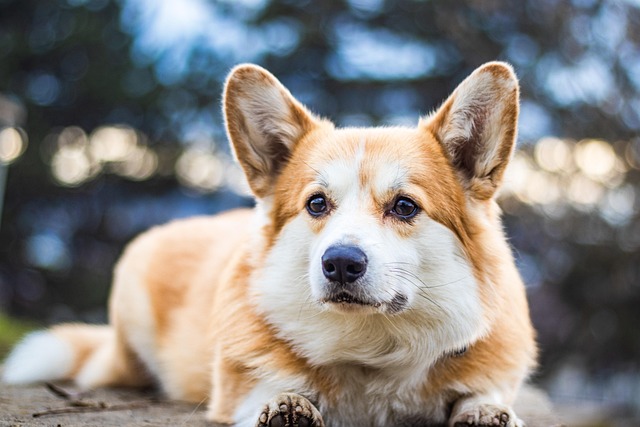
If you’ve ever struggled to brush your dog’s teeth—dodging wiggly heads, slobbery paws, or the occasional playful bite—you’ve probably wondered about easier alternatives.
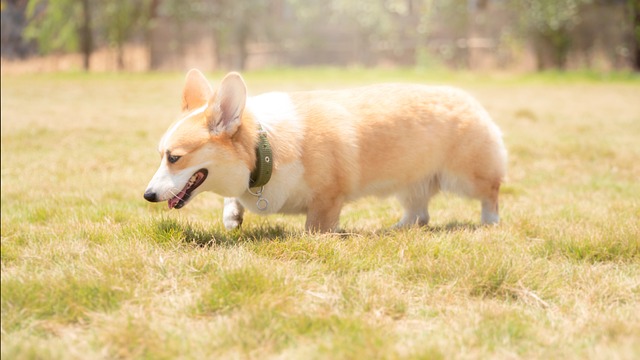
Finding your dog lethargic, with dry gums and sunken eyes, is enough to make any new pet owner panic. Dehydration creeps up fast
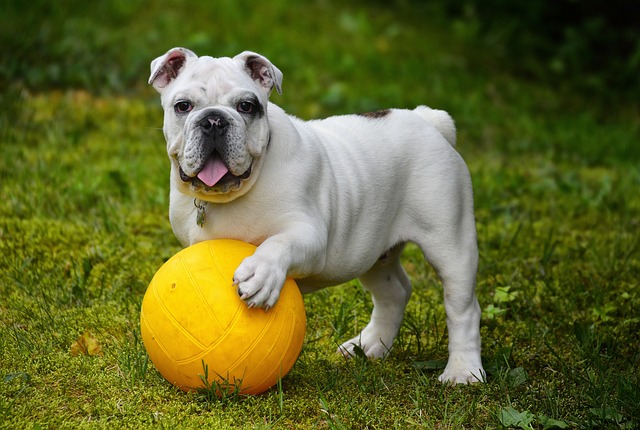
Watching your golden retriever scratch his ears raw after meals or sprint to the backyard with digestive urgency turns dinnertime into a nightmare.
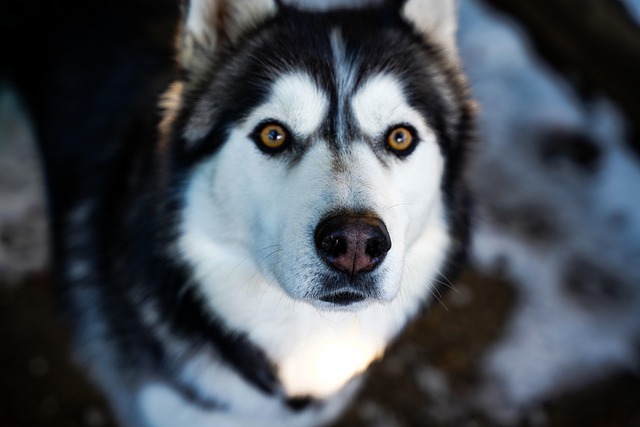
There’s something undeniably captivating about a husky’s gaze, and when those eyes are a rich shade of brown, it’s like stumbling upon a hidden gem.